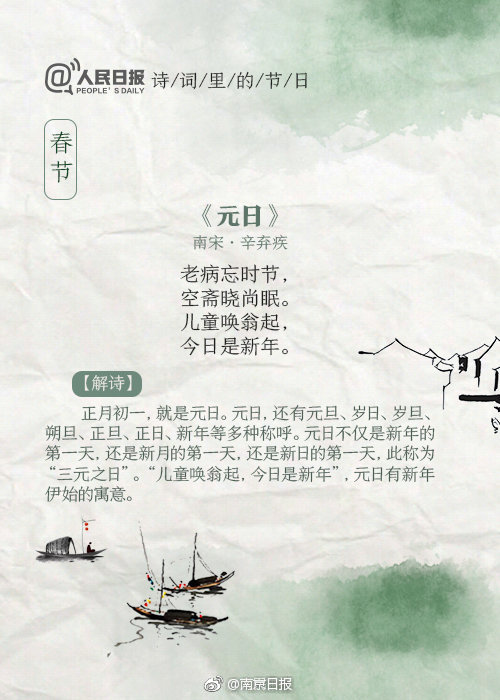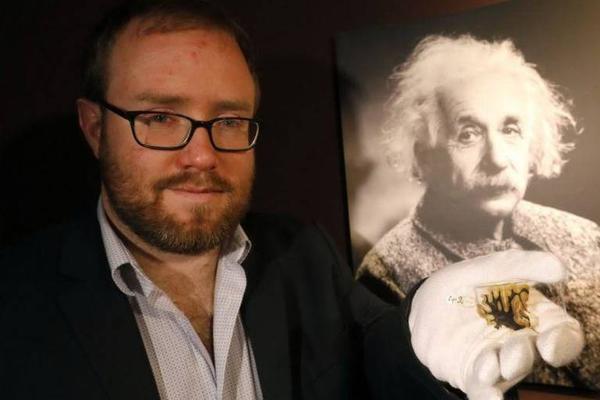Parthenogenesis -- a natural form of asexual reproduction --990 Archivessomething that's common amongst plant species, insects, amphibians and many other life forms.
Meaning "virgin creation" in Greek, it describes the development and growth of an embryo without fertilisation.
The phenomenon occurs in sharks too, but one shark has shown a remarkable ability to switch between reproduction styles.
SEE ALSO: Twitter is freaking out about the existence of hairless animalsLeonie the leopard shark (also known as a zebra shark) from Reef HQ aquarium in Townsville, Australia, has stunned researchers by becoming the first of her species with a recorded mating history to switch to asexual reproduction.
 Original image has been replaced. Credit: Mashable
Original image has been replaced. Credit: Mashable It's a breakthrough that has been documented by Dr Christine Dudgeon of the University of Queensland and published in the journal, Scientific Reports.
Leonie last gave birth to pups in 2013, after she had mated with a male. She was then separated from the male, but three years later (in April 2016) she hatched three eggs -- despite having no access to a male partner.
"We thought she could be storing sperm but when we tested the pups and the possible parent sharks using DNA fingerprinting, we found they only had cells from Leonie," Dudgeon explained in a statement online.
It turns out Leonie had adapted to her lack of male company. That's especially significant considering the leopard shark was recently listed as "endangered" by the IUCN.
"This has big implications for conservation and shows us how flexible the shark's reproductive system really is," Dudgeon said.
"Leonie adapted to her circumstances and we believe she switched because she lost her mate. What we want to know now is could this occur in the wild and, if so, how often does it?
"One reason why we haven’t seen it before could be because we haven't been looking for it. It might be happening in the wild but it's never been recorded in this species before."
Time will tell if the pups can also reproduce themselves, but there's a strong downside to asexual reproduction too; reduced genetic diversity over successive generations.
Still. Pretty impressive.
(Editor: {typename type="name"/})
 LA Galaxy vs. Tigres 2025 livestream: Watch Concacaf Champions Cup for free
LA Galaxy vs. Tigres 2025 livestream: Watch Concacaf Champions Cup for free
 Maisie Williams almost missed her 'Game of Thrones' audition to go to a pig farm
Maisie Williams almost missed her 'Game of Thrones' audition to go to a pig farm
 Dancer rides white horse onto nightclub floor, chaos ensues in Florida
Dancer rides white horse onto nightclub floor, chaos ensues in Florida
 Lexus concept yacht to become a bigger, 65
Lexus concept yacht to become a bigger, 65
 U.N. confirms the ocean is screwed
U.N. confirms the ocean is screwed
Google Pixel Buds Pro 2: $40 off at Amazon
 SAVE 17%:As of May 9, you can get the Google Pixel Buds Pro 2 for $189, down from $229, at Amazon. T
...[Details]
SAVE 17%:As of May 9, you can get the Google Pixel Buds Pro 2 for $189, down from $229, at Amazon. T
...[Details]
Ai Weiwei shows giant artwork, slams Australia's treatment of refugees
 Controversial Chinese artist Ai Weiwei has unveiled a colossal installation that's a stark reminder
...[Details]
Controversial Chinese artist Ai Weiwei has unveiled a colossal installation that's a stark reminder
...[Details]
'Thoroughbreds' is a cinematic rarity and well worth watching
 It's time to stop pouting over the Oscars and get hyped up for another excellent year in movies. Now
...[Details]
It's time to stop pouting over the Oscars and get hyped up for another excellent year in movies. Now
...[Details]
Apple is buying Texture, a digital magazine subscription service
 Apple has more money than the U.S. Treasury, so it should come at no surprise that the company will
...[Details]
Apple has more money than the U.S. Treasury, so it should come at no surprise that the company will
...[Details]
Watch how an old Venus spacecraft tumbled before crashing to Earth
 Before a Soviet-era spacecraft intended for Venuscrashed back to Earth over the weekend, German astr
...[Details]
Before a Soviet-era spacecraft intended for Venuscrashed back to Earth over the weekend, German astr
...[Details]
'Jane the Virgin' made Xiomara a dancer but we're not buying it
 Jane the Virgindoes a lot of things right. The CW's resident telenovela is lovable to a fault, with
...[Details]
Jane the Virgindoes a lot of things right. The CW's resident telenovela is lovable to a fault, with
...[Details]
When bad music videos happen to good songs
 Sometimes, you find a song that you love, only to discover that the music video that goes along with
...[Details]
Sometimes, you find a song that you love, only to discover that the music video that goes along with
...[Details]
Spotify is now crowdsourcing music data
 Spotify is dabbling in crowdsourced information, taking a leaf out of Wikipedia's book.The music str
...[Details]
Spotify is dabbling in crowdsourced information, taking a leaf out of Wikipedia's book.The music str
...[Details]
Skywatching is lit in May, says NASA
 Here's a wholesome quarantine activity: For the rest of May you can view bright objects in our solar
...[Details]
Here's a wholesome quarantine activity: For the rest of May you can view bright objects in our solar
...[Details]
John Krasinski's 'A Quiet Place' will make you scream
 It's not easy to make an entire room full of movie fans scream in terror. But John Krasinski's A Qui
...[Details]
It's not easy to make an entire room full of movie fans scream in terror. But John Krasinski's A Qui
...[Details]
Today's Hurdle hints and answers for May 9, 2025

Zooey Deschanel is new Belle in 'Beauty and the Beast' live concert

接受PR>=1、BR>=1,流量相当,内容相关类链接。